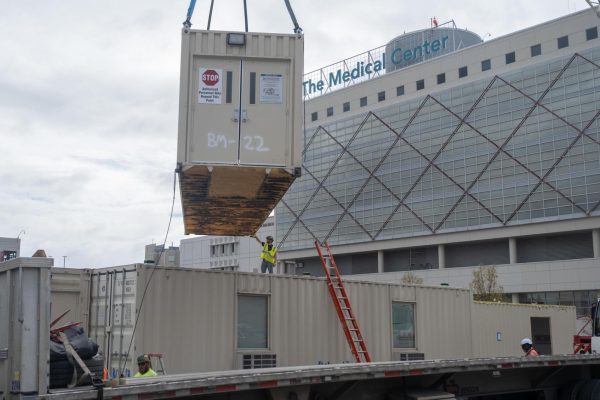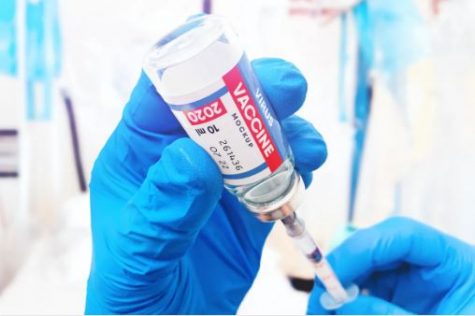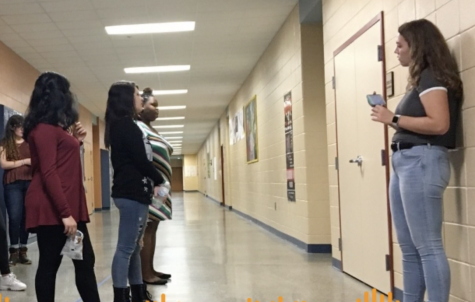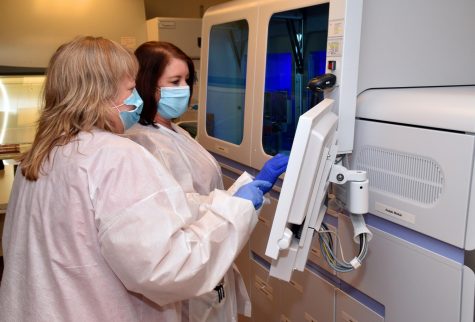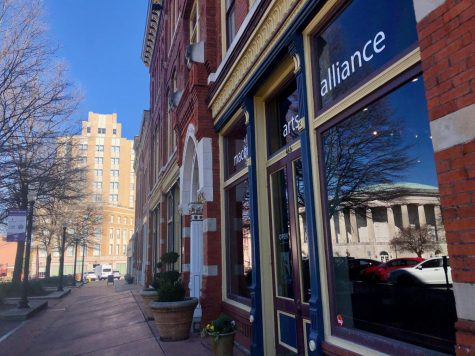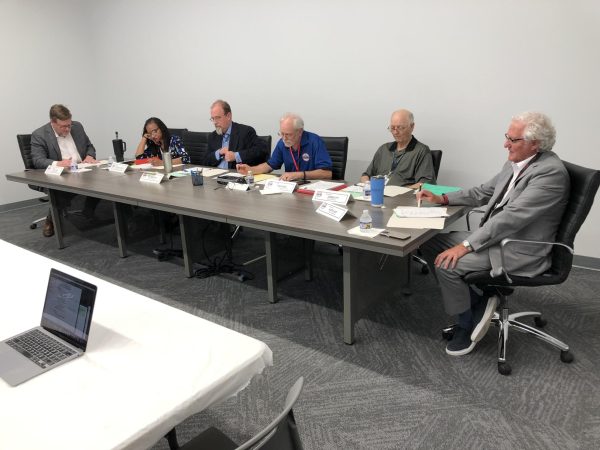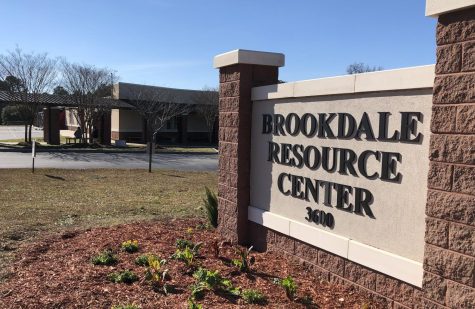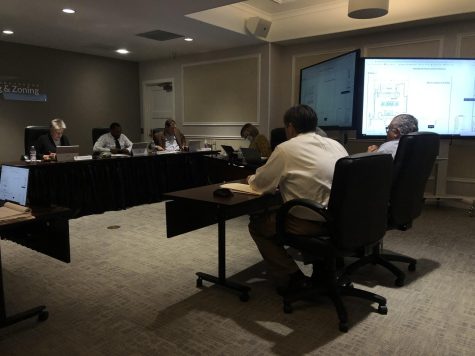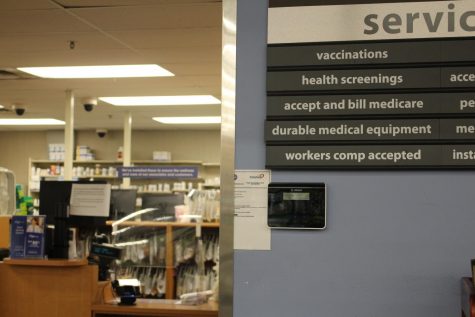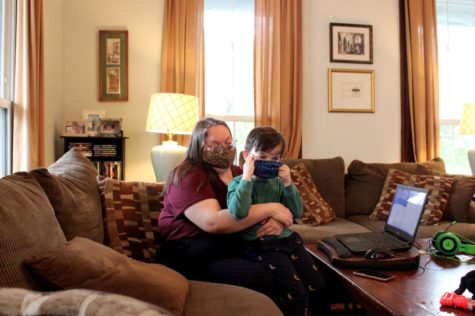Hotel-motel tax shortfall hurts Macon-Bibb non-profit organizations
Visit Macon, the local convention and visitor’s bureau, is preparing for an onslaught of visitors if the Ocmulgee Mounds become Georgia’s first national park.
Each March, the Cherry Blossom Festival typically lures thousands of people to local hotel rooms.
Come this July, two large Jehovah’s Witness conventions were expected to fill hundreds more motel rooms in Macon.
The festival and both events were canceled due to the COVID-19 pandemic.
“We are in unprecedented and stressful times,” Visit Macon CEO Gary Wheat said in a recent conference call.
Not only are visitors a boost for the local economy when they shop, dine and fuel up, the hotel-motel tax they pay is the life blood of several local nonprofit organizations.
“The uncertainty is the biggest question mark in all of this,” Wheat told the heads of those organizations last week.
Beginning last year, an 8 percent tax on lodging has been collected. The $4.5 million taken in during 2019 was distributed among eight outside entities. The county budgeted for $4.8 million in hotel-motel tax for 2020.
Last March, those collections amounted to nearly $475,000, Wheat told county commissioners last week. The compilation of the tax runs about two months behind so the county won’t have March’s total until sometime in May. April’s revenue will be totaled in June.
Visit Macon is Macon-Bibb County’s official designation marketing organization and gets the bulk of the hotel-motel tax or 47.2 percent.
The county keeps 1.87 percent for administrative expenses and allocates 11.75 percent for the Centreplex operation and 11.5 percent for Lake Tobesofkee.
The Georgia Sports Hall of Fame and the Douglass Theatre each receive 6.52 percent, Cherry Blossom gets 6.2 percent, the Tubman African American Museum and the Museum of Arts and Sciences collect 3.75 percent each, Macon Arts Alliance takes in 0.73 percent and Fort Hawkins collects 0.21 percent.
When hotel room rentals dropped off, so did the money.
“March 22 was kind of the cliff for this,” Wheat explained.
The occupancy rate was down 36 percent over last March and April’s numbers could be even worse.
The community is faring better than some others that report occupancy rates down as much as 80 percent, he said. Visit Macon staff have been marketing hotels to health care workers, trucking companies and the National Guard in an effort to fill more rooms and bring in more revenue.
Macon is fortunate to be a transportation hub and the interstate traffic will be key to building business back up, Wheat said.
“Every indication from the industry is that it will rebound significantly,” he said. “We’re following a plan here to make sure we get those rooms going again.”
Three different film productions are looking at Macon for summer projects, said Visit Macon’s Chief Operating Officer Aaron Buzza.
“I haven’t heard they are not going to come,” Buzza said.
The movie industry also is adjusting to the pandemic by spacing out crew members, doing medical wellness checks and sanitizing everything between filming, he said.
Buzza said he’s hopeful and optimistic the productions will still happen but doesn’t know when.
“I haven’t heard anything that should make us worry other than we can’t pinpoint an exact date,” he said.
Those organizations who rely on the hotel-motel tax are concerned about their bottom line.
Cherry Blossom Festival CEO Stacy Moore said their portion of the tax pays the festival’s monthly expenses.
“We are in a holding pattern as to how it affects us right now,” Moore stated in a text message. “Bracing for the worst but trying to apply for as many of the relief programs that we qualify for as possible.”
Macon Arts Alliance executive director Julie Wilkerson said her organization was approved in the first round of small business loans.
“That will be a huge help for us as I have kept everybody on staff,” Wilkerson told the others on the teleconference. “We really expect loss of revenue through September.”
Susan Welch, executive director of the Museum of Arts and Sciences, said they are considering a number of options depending on what happens with COVID-19.
While the museum has been providing services online, questions remain about when and how they will reopen.
“We’re considering only opening to the public on Saturday until Sept. 1,” Welch said.
The museum could move activities outside and allow only a few people at a time in the galleries, she said. They continue to explore their options.
Julie Moore, Macon-Bibb County assistant to the county manager for finances, said it’s unclear what the revenue shortfalls will be. The county also is losing sales tax revenues and will continue to see decreases even as businesses begin to reopen.
“This also has a pretty long tail to it,” Moore told commissioners during their Tuesday meeting. “People aren’t ready to get out and about.”
Wheat said he expects the tourism market to begin to rebound by late summer with most people beginning to take local trips and avoid flying.
Visit Macon tourism director Steven Fulbright said in the short term they are going to focus on regional marketing “for those who will dip their toe in travel for a weekend trip. If you’re going to start somewhere, that’s a good place to start.”
Not having an accurate expectation of how much hotel-motel tax revenue will come in leaves Wheat putting together three different versions of Visit Macon’s Fiscal Year ‘21 budget.
“We’re preparing for the worst and expecting the best.”
Contact Civic Reporting Senior Fellow Liz Fabian at 478-301-2976 or [email protected].




